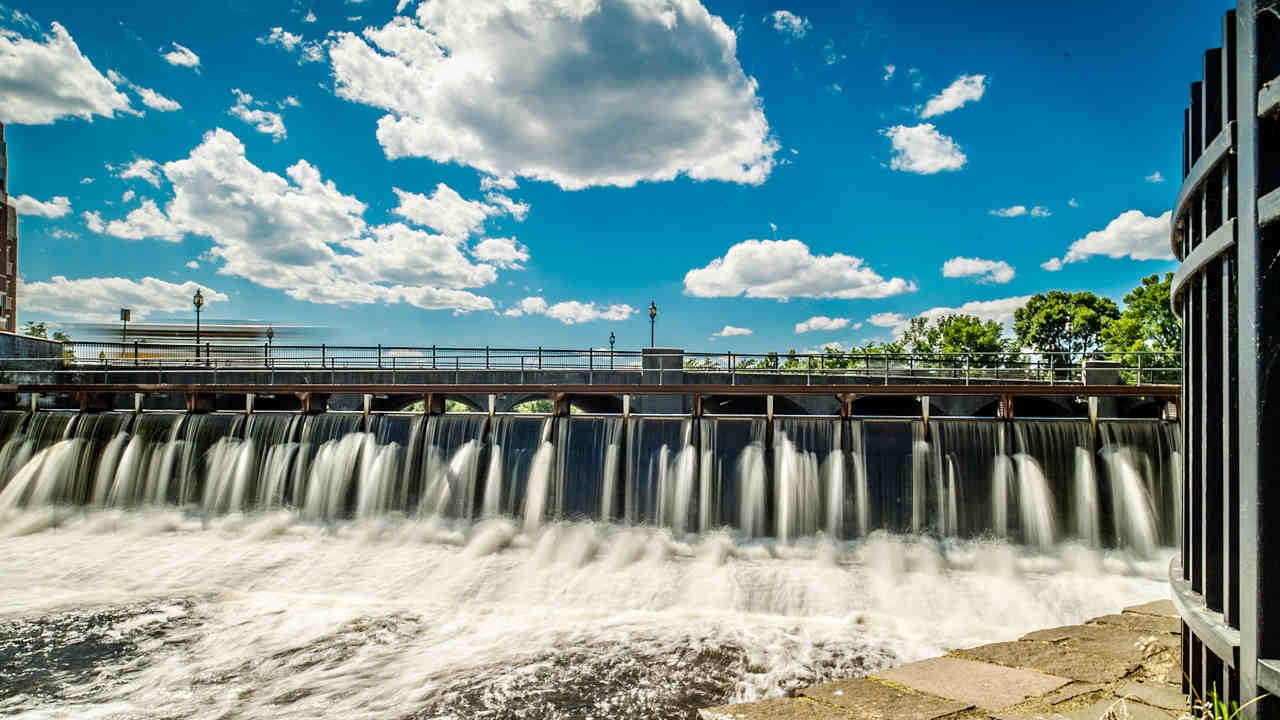
Business
22:41, 29-Aug-2017
NDB Projects: Investment from BRICS' bank feeds Russia with job and energy
By CGTN’s Aljosa Milenkovic

As the most important financing “worker” within BRICS, New Development Bank (NDB) brings funds to the bloc’s members with economic opportunities. And NDB President K.V. Kamath said the upcoming BRICS summit in Xiamen would help the member countries build a stronger economic partnership and a brighter future.
The NDB is looking into more infrastructure opportunities in member countries, based on Kamath. The huge infrastructure project in Russia’s subpolar region the Republic of Karelia, seems to be a proof of NDB’s strategy – that project has added not just energy resources, but also provided various jobs.
Based on NDB official statement, the NDB, Eurasian Development Bank and International Investment Bank will loan a total amount of 100 million US dollars for the construction of two hydropower generation plants in the Republic of Karelia in the Russian Federation.

VCG Photo
VCG Photo
“I am confident that the NDB could become a significant source of long-term investments for the financing of huge infrastructure projects in Russia,” Kem River Bank Vice President Vladimir Kazbekov said.
The project is the first ever investment in Russia by NDB. This is a project of strategic importance. In the Kem region, where the hydropower project will be located, 13,000 people live. Therefore, NDB not only invested, but also brought opportunities to the entire Karelia.
Moreover, this project opened doors of this region for the globe. It has been announced that China Petroleum & Chemical Corporation (SINOMEC) will build together with the Karelian government a 140 million US dollar worth wind farm. Project agreement should be officially signed during the upcoming BRICS Summit.
“In Karelia, we produce only 40 percent of our electrical energy needs, and the other 60 percent we buy from outside of Karelia. That directly influences higher energy prices here. So, we welcome any power plant like this one reducing our energy deficit and opening possibilities for other business projects,” said Yuriy Razumeychik, Head of Kem region.
Related stories:

SITEMAP
Copyright © 2018 CGTN. Beijing ICP prepared NO.16065310-3
Copyright © 2018 CGTN. Beijing ICP prepared NO.16065310-3